Lecture Courses
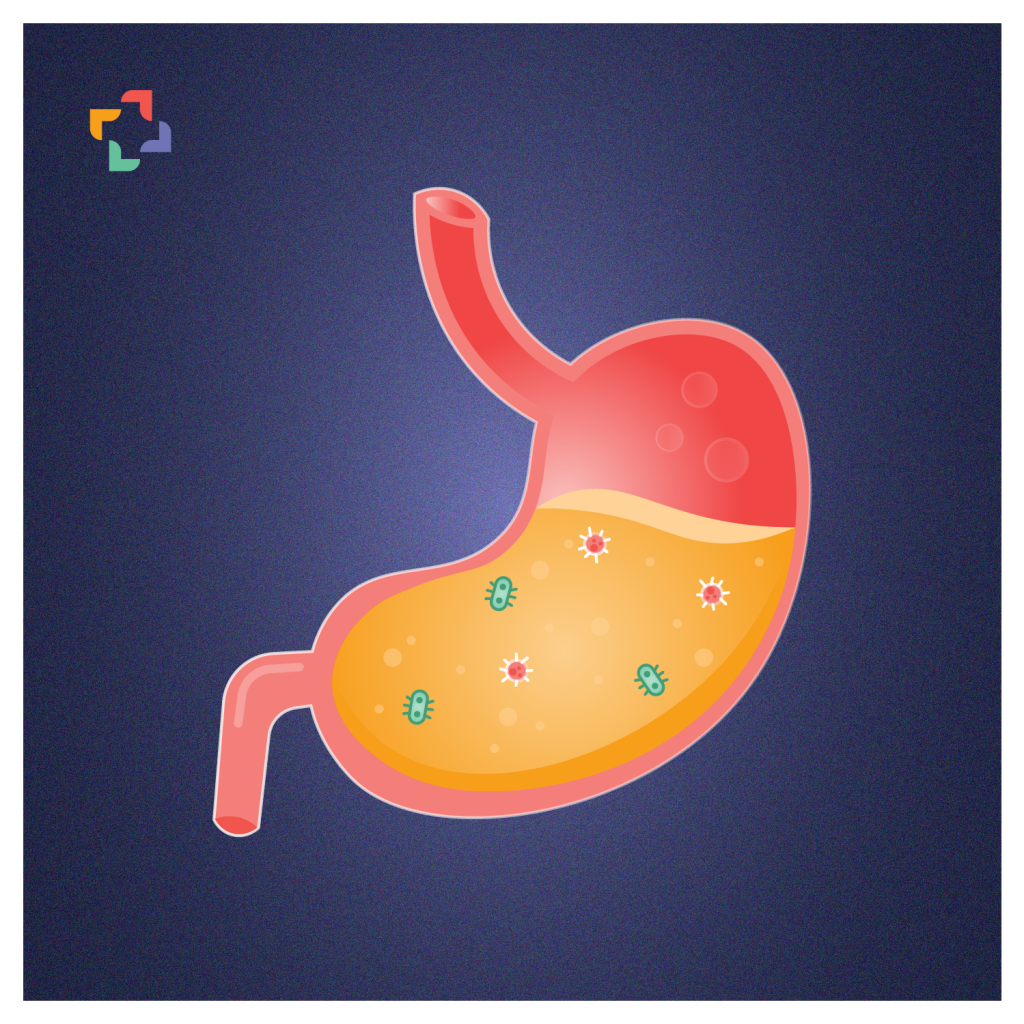
- 1 Hour
This comprehensive online course consists of two detailed lectures that address significant issues in pediatric gastroenterology: chronic abdominal pain and pediatric constipation.

- 1 Hour
This comprehensive online course provides an in-depth exploration of Autism Spectrum Disorder (ASD), covering its definition, diagnosis, symptoms, and treatment options.

- 1
This online course aims to equip healthcare professionals with the knowledge and skills necessary to effectively address anxiety in pediatric patients. Participants will learn to distinguish between normal fears, anxiety, and stress, and recognize clinical anxiety disorders using established diagnostic criteria.
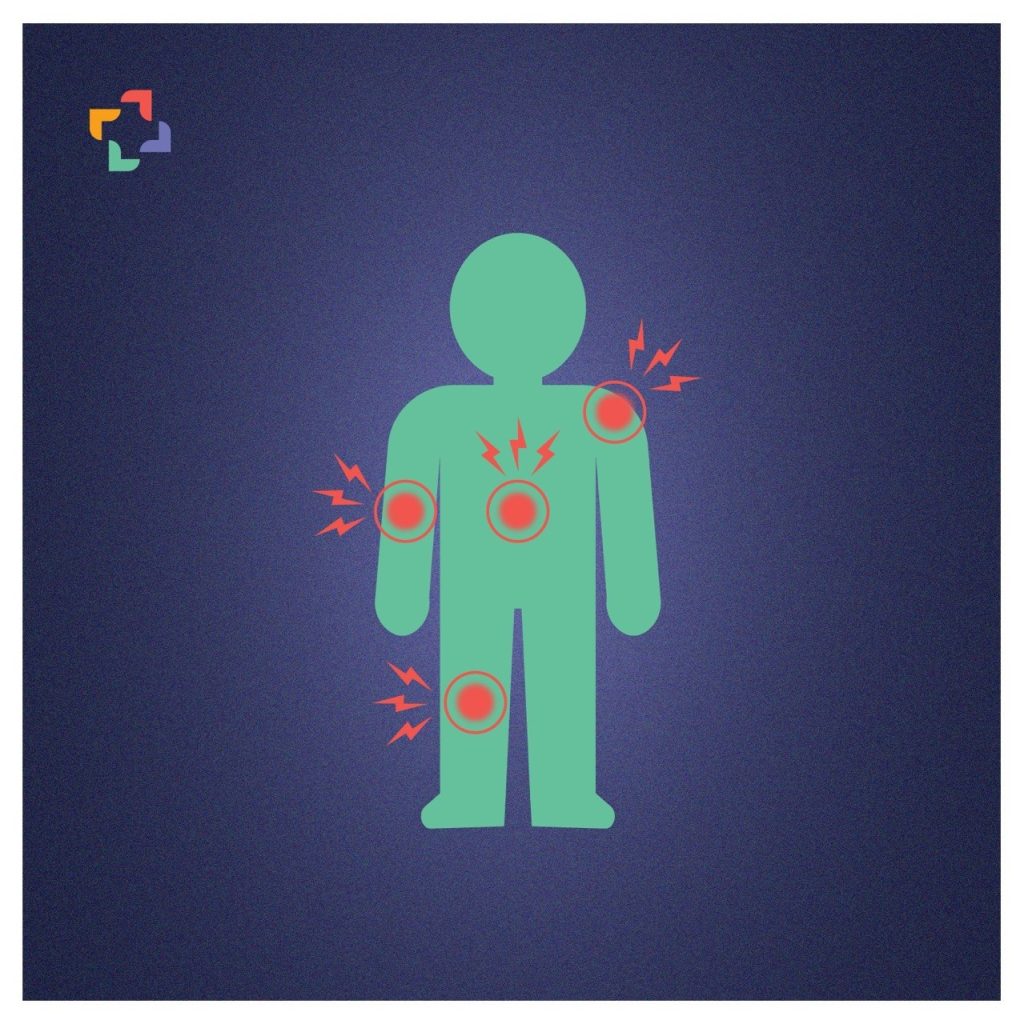
- 1 Hour
This comprehensive course aims to equip participants with the knowledge and skills necessary to effectively address musculoskeletal concerns in pediatric patients.

- 1 Hour
Toilet training is considered a major developmental milestone to families worldwide. It is the "mastery of skills necessary for urinating and defecating in a socially acceptable time and manner." The age at which a child is fully trained varies significantly across the globe, depending on the socioeconomic and cultural differences. A
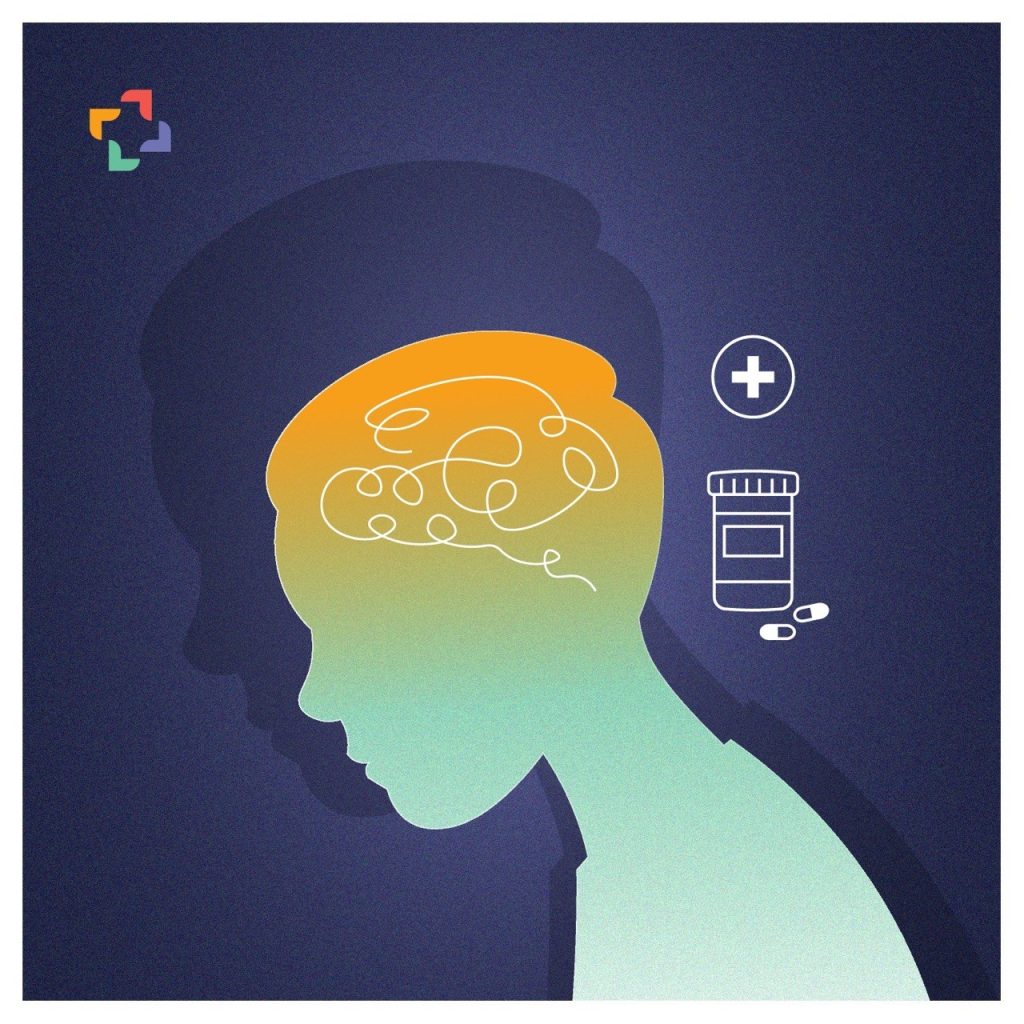
- 1 Hour
This lecture is intended to guide pediatric medical providers in best practices for management of depressive symptoms in patients. With increasing need for addressing mental health concerns in primary care, physicians and other medical providers will benefit from building their confidence and competence in identifying and managing depressive symptoms in their patients.

- 1 Hour
Picky eating is a common concern for parents, with 20-30% of children around the world being reported to be picky eaters.

- 1 Hour
Occupational Therapy (OT) is a discipline focused on enabling "people of all ages to live life to its fullest by helping promote health and prevent - or live better with - injury, illness, or disability" (AOTA, 2021).

- 1 Hour
The online course focuses on recognizing and managing pediatric immunodeficiencies.
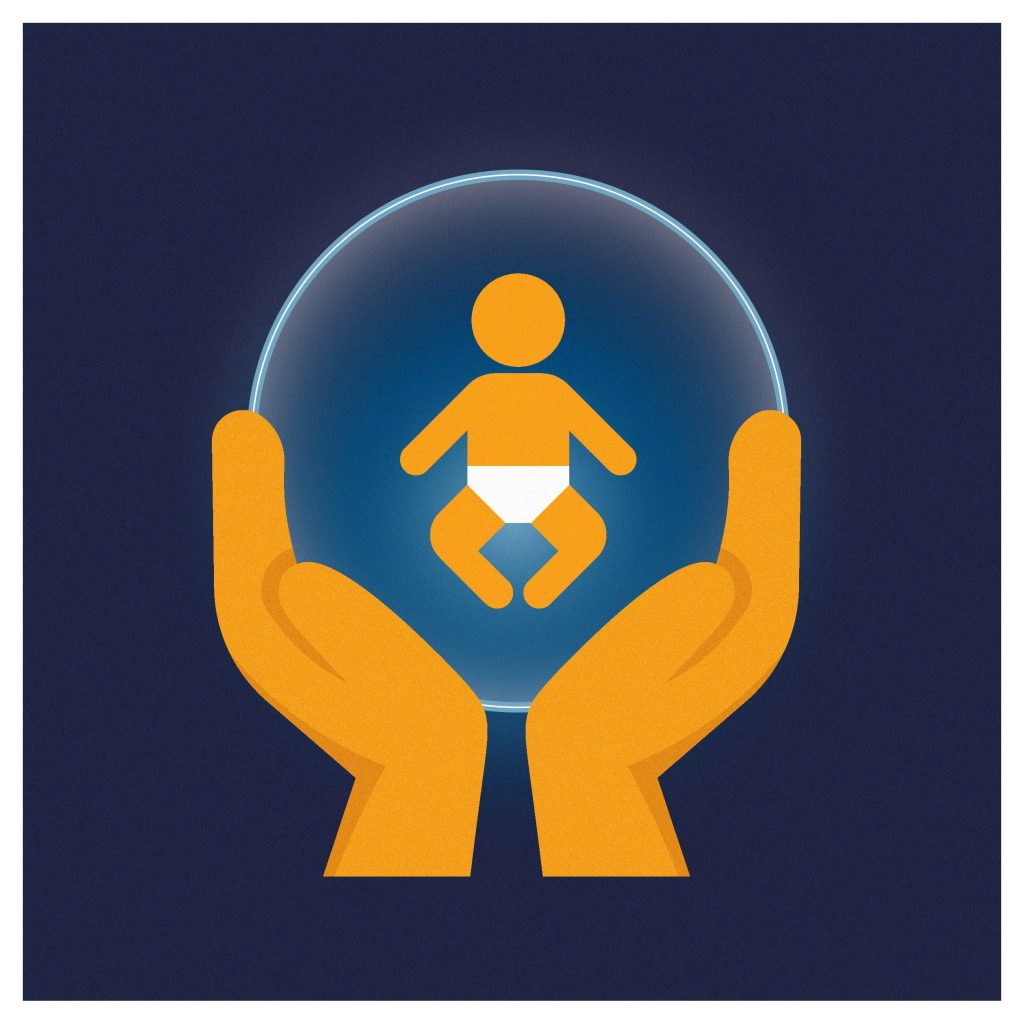
- 1 Hour
This course equips you to confidently assess newborns, identify abnormalities, diagnose excessive infant crying, and ensure proper care for premature infants
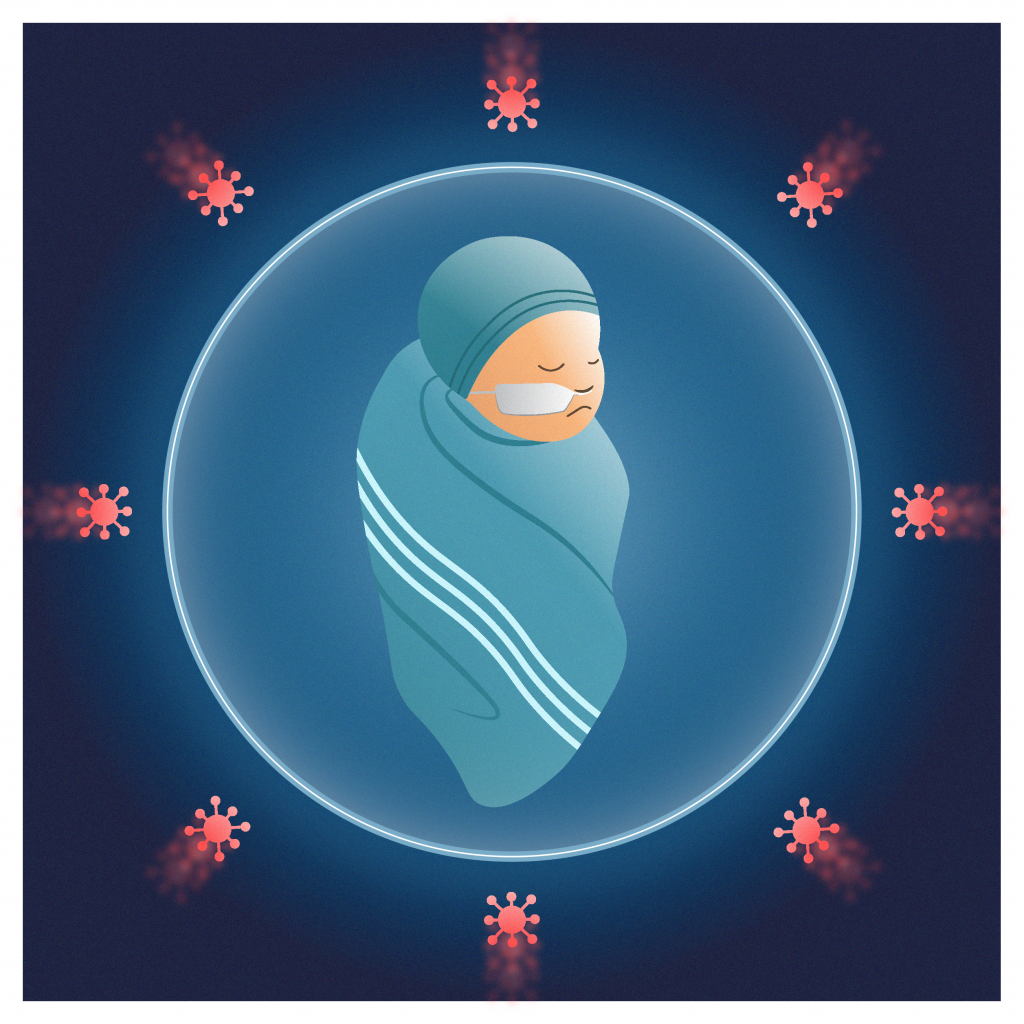
- 1 Hour
The online course "Infection Prevention" equips healthcare professionals with the knowledge and skills to prevent infections, focusing on neonates.
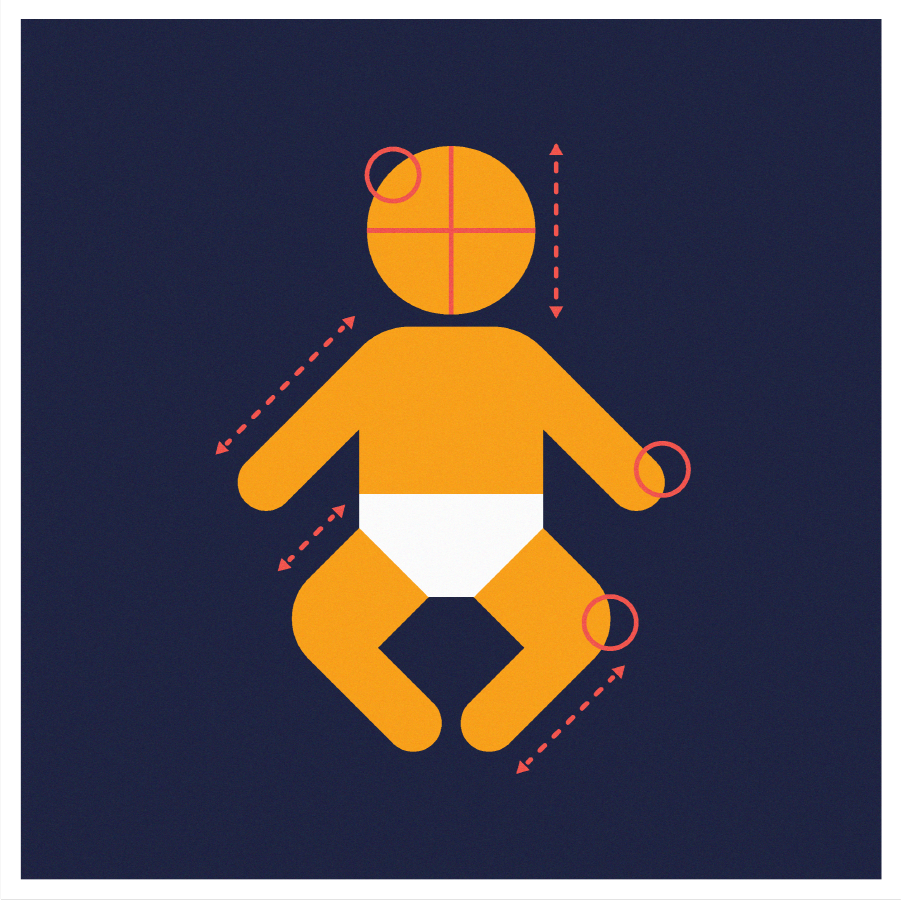
- 1 Hour
This course offers an in-depth exploration of Dysmorphology, a critical aspect of clinical genetics. The focus is on syndrome diagnosis in children with distinctive physical abnormalities and facial features.
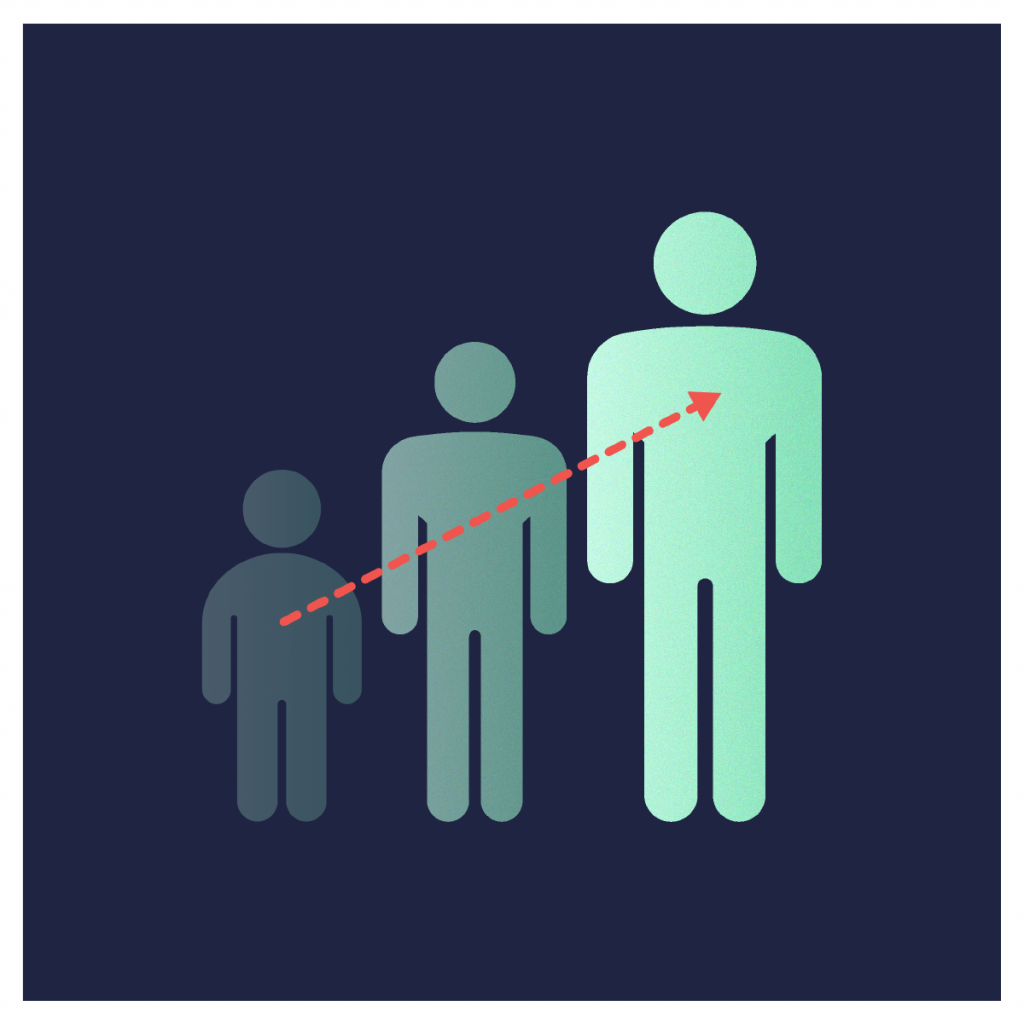
- 1 Hour
In this course, an exploration of the typical progression of pubertal development in children and adolescents takes place, alongside discerning the circumstances that should trigger a clinician's consideration of precocious puberty.
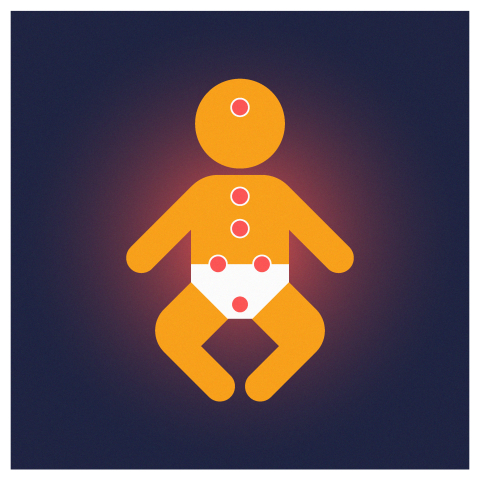
- 1 Hour
In this course, the focus is on pediatric emergencies, where the presentation of non-specific signs and symptoms can often mimic other conditions. Notably, altered mental status, including seizures, emerges as a common avenue for various endocrine emergencies in children.
